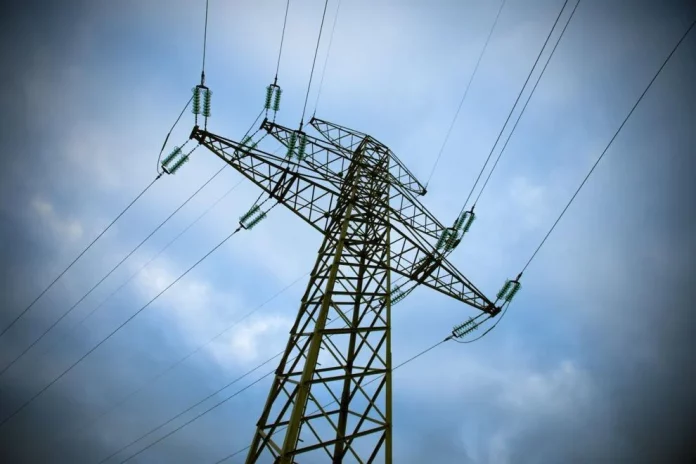What Does The Elimination Of 1% Utility Receipts Tax Mean For Hoosiers?
- By Ryus Moore, TheStatehouseFile.com
INDIANAPOLIS—As new state laws went into effect at the start of the month, Hoosiers are still getting adjusted to some of the changes, including those involving state taxes.

House Enrolled Act 1002 was passed as a way to make broad cuts to Indiana’s business and individual income taxes, potentially cutting over $1 billion a year.
Within the new law is the repeal of a utility receipts tax, which went into effect July 1.
The utility receipts tax was first imposed in 2006 on the retail consumption of utility services in Indiana—including electricity, natural gas, water, steam, sewage and telephone bills. According to the Indiana Department of Revenue, “The 2022 tax year will be the last filing period for Utility Receipts Tax.â€
“Overall, customers can expect a rate decrease of approximately 1.4% on their bills because of this repeal,†said Stephanie Hodgin, deputy director of communications and media for the Indiana Utility Regulatory Commission (IURC). The IURC regulates various aspects of the utility business, including rates, financing, bonding, environmental compliance plans and service territories.
While Republicans view the repeal as a positive for Hoosiers, Democrats fear it could have negative impacts.
“Republicans pitched the utility receipts tax repeal as a win for Hoosier families, but the reality is this will only save families a few dollars on each bill and at maximum less than $100 in relief annually,†said Rep. Greg Porter, D-Indianapolis, in a press release. “The real winners of this policy are large corporations and manufacturers who will receive thousands of dollars in tax relief annually.â€
According to Porter, the repeal creates an unfair balance due to the difference in amount of money that 1% tax cut has on Hoosiers and well-funded corporations.
“For example, if someone’s utility tax bill is around $150 a month, that 1% is only bringing them $1.50 in relief. However, for a multimillion dollar corporation that spends $200,000 on the tax, that’s $2,000 for them and that’s huge,†Porter told TheStatehouseFile.com.
“Hoosier families have lost a $120 million stable revenue source through the elimination of this tax forever. That funding could have been used to support childcare or elder care initiatives, student loan debt relief or closing Indiana’s health disparities gap.â€
Neither the author of HEA 1002, Rep. Tim Brown, R-Crawfordsville, nor its co-author, Rep. Chris Judy, R-Fort Wayne, could be reached for comment.
However, House Republicans argue that inflation makes the new overall tax package key to keeping Indiana competitive and feel that any amount of money saved should be considered a win for Hoosiers.
“The world economy is moving toward advanced technology manufacturing, and Indiana needs to be in a position to attract such employers,†said Rep. Jack Jordan, R-Bremen, in a quote from WISH-TV 8.
Republicans say the money saved for Hoosiers could be spent on taxable items that then would help build the state’s economy.
“Look, in inflationary times, every dollar matters right now,†House Speaker Todd Huston, R-Fishers, told WISH-TV 8. “When you’re going to the grocery store and you’re spending more than you’ve ever spent before for basic items, when you’re spending more at the gas pump than you’ve ever spent before, $120, $150, any amount of dollars is better.”Ryus
FOOTNOTE: Moore is a reporter for TheStatehouseFile.com, a news website powered by Franklin College journalism students.
Ryus Moore is a reporter for TheStatehouseFile.com, a news website powered by Franklin College journalism students.





